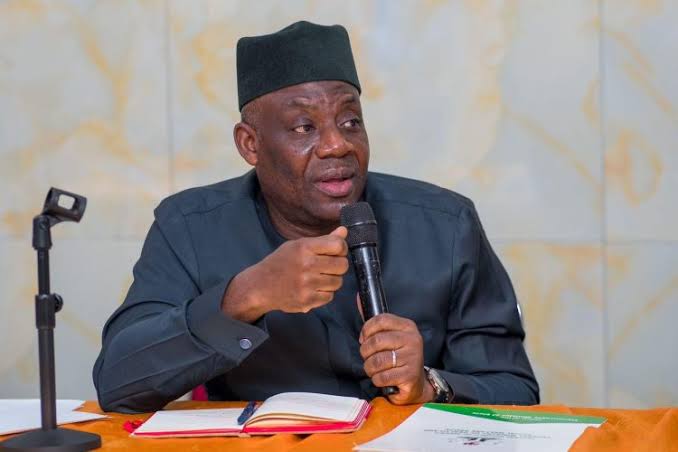The Federal Government’s decision to cap the approval for establishing new federal universities, polytechnics, and colleges of education for seven years may have come a little too late.
Echoing the concerns of most Nigerians, the Federal Executive Council (FEC), while imposing the ban, said the nation currently has many under-utilised institutions, most of which have dilapidated infrastructures.
Minister of Education Tunji Alausa told the nation that experts have been drawing the government’s attention to the defining features of most of the nation’s public tertiary institutions—poor infrastructure, inadequate staffing, and low enrolment.
Alarmingly, Alausa said that at one university, 1,200 staff serve fewer than 800 students. There is just one name for this scenario: waste of resources. Despite this, the nation is inundated with requests for new tertiary institutions, especially universities.
How can the nation rationalise the establishment of new universities when records from the federal ministry of education showed that 199 universities received fewer than 100 applications through the Joint Admissions and Matriculation Board (JAMB) last year, with 34 recording zero applications?
There is no justification for establishing new tertiary institutions when, according to the federal government, most 295 polytechnics had fewer than 99 applicants. At the same time, the 219 colleges of education also posted poor enrolment figures, including 64 with no applications.
With the existing tertiary institutions gasping for breath, the decision to ban the establishment of new ones couldn’t have come more opportune.
In a nation where enrolment into polytechnics and colleges of education has been on a downward slide, with the existing universities facing a dearth of infrastructure, creating new institutions that further strain the existing inadequate resources shows how skilful the nation is in misplacing priorities.
But that is what a nation gets when its leadership panders to political considerations.
Even under the present administration, there are a plethora of establishments in the area of tertiary institutions. The federal government established or upgraded about 14 institutions into full-fledged universities in the last two years. In 2022, the central government created three polytechnics, and this year, the Bola Ahmed Tinubu Polytechnic was established. Although the government did not create a new college of education, there are proposals for 10 new ones.
It is illogical to establish new tertiary institutions when the existing ones are in a deplorable state.
The appalling state of universities has forced the Academic Staff Union of Universities (ASUU) to strike numerous times. As of 2022, the Union has embarked on industrial action 16 times. The reasons have been to improve the welfare of lecturers and the infrastructure in universities.
ASUU has consistently been decrying the poor funding, low pay for lecturers, and lack of a conducive environment for teaching and research in most Nigerian universities.
The Academic Staff Union of Polytechnics (ASUP) recently issued a 21-day ultimatum to the government to address issues affecting polytechnic education or risk industrial action. Barring a last-minute change of plans, academic activities in public polytechnics nationwide could be halted.
Poor funding is the common denominator in the strikes by lecturers of the nation’s public tertiary institutions, as most of the disputes revolve around salaries and infrastructure. Is it not surprising that a government that has yet to address the funding needs of its existing institutions is busy establishing new ones?
Given the prevailing circumstances, we wonder why it took the government this long to realise that there is a need to halt the rampant establishment of tertiary institutions. But as the saying goes, better late than never.
However, will this ban be dutifully enforced? The present administration, which placed the ban, has two more years to end its first term and may be another four years, making it six years in all. What guarantee do Nigerians have that another administration will not lift the ban in a bid to pander to political interests?
The federal government must ensure this ban is backed by legislation to make it difficult for another administration to flout it. Nigeria doesn’t deserve new tertiary institutions. What is needed is a total overhaul of the existing ones. To this extent, we believe the ban should last 20 years to allow ample time for the government to retool the existing institutions.
The challenge facing these educational institutions is that the growth in their number is not matched by the growth of the resources needed to manage them, especially in manpower.
This may explain why the perception that the country’s tertiary institution graduates are half-baked persists. We hope the government will use this opportunity to clean up the system and restore sanity to the nation’s tertiary education sub-sector.





